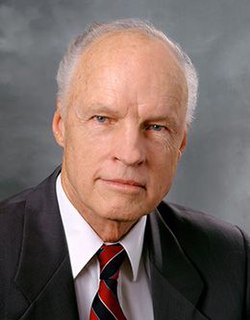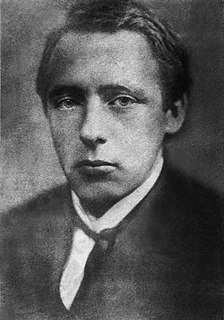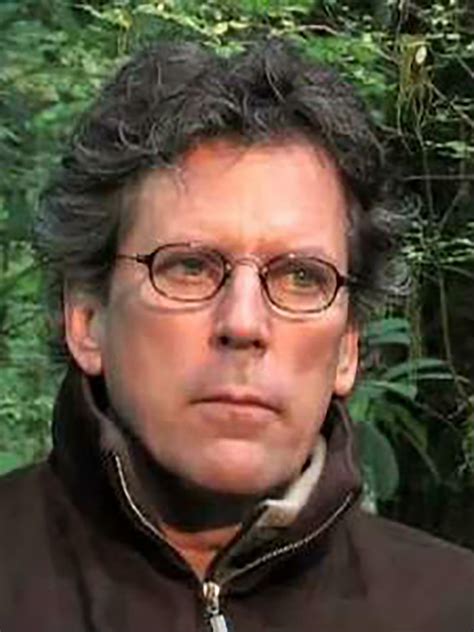A Quote by Harriet Martineau
All people interested in their work are liable to overrate their vocation. There may be makers of dolls' eyes who wonder how society would go on without them.
Related Quotes
If you become too sceptical, you become scientists. If you become too childlike, you become religious. Science exists with doubt. Religion exists with wonder. If you want to be religious then create more wonder, discover more wonder. Allow your eyes to be more filled with wonder than anything else. Be surprised by everything that is happening. Everything is so tremendously wonderful that it is simply unbelievable how you go on living without dancing, how you go on living without becoming ecstatic. You must not be seeing what is happening all around.
The classics of Marxism talked of communism as a society to which a modern society should aspire, a society truly fair, where the relations of monetary exchange were not the priority but one wher the people's needs could be satisfied, and where people would not be worth more according to how much monetary wealth they acquired. Instead their value would be based on their contribution to society as a whole. It would be a society without class that would accept people based on their capabilities and their potential to contribute to that society.
Part of our identity is the idea that racism is still there and that we are vulnerable to it. So, the question is, 'How vulnerable?' In other words, is it really a problem for us, or is it just a small thing. How do you evaluate racism in America on a scale of 1 to 10? My suspicion is that most blacks overrate it a bit. Not to say it's not there, but we overrate it because this masking is part of our relationship to the larger society. This is a way we keep whites on the hook. We keep them obligated, and we keep ourselves entitled. There's an incentive, you see, to inflate it a little bit.
I've always wondered what it would be like if the Messiah, or Christ Returned, were actually alive and living in our society; who would that person be, how we would identify them, how would they live and what would they believe in, how would society react to them? I decided to try and tell my idea of that story.
I have faith that if we caught hold of God's living candle on that truth and went out into the world-I don't care [what vocation] -just out in the world being true to the vision, we would not need to defend the cause of Jesus Christ. People would come and ask; "Where have you found the radiance that I sense in your eyes and in your face? How come you don't get carried away with the world?" And we would answer that the work of salvation is the glorious work of Jesus Christ. But it is also the glorious work of the uncovering and recovering of your own latent divinity.
Wonder is like grace, in that it's not a condition we grasp; it grasps us. Wonder is not an obligatory element in the search for truth. We can seek truth without wonder's assistance. But seek is all we'll do; there will be no finding. Unless wonder descends, unlocks us ... truth is unable to enter. Wonder may be the aura of truth, the halo of it. Or something even closer. Wonder may be the caress of truth, touching our very skin.







































